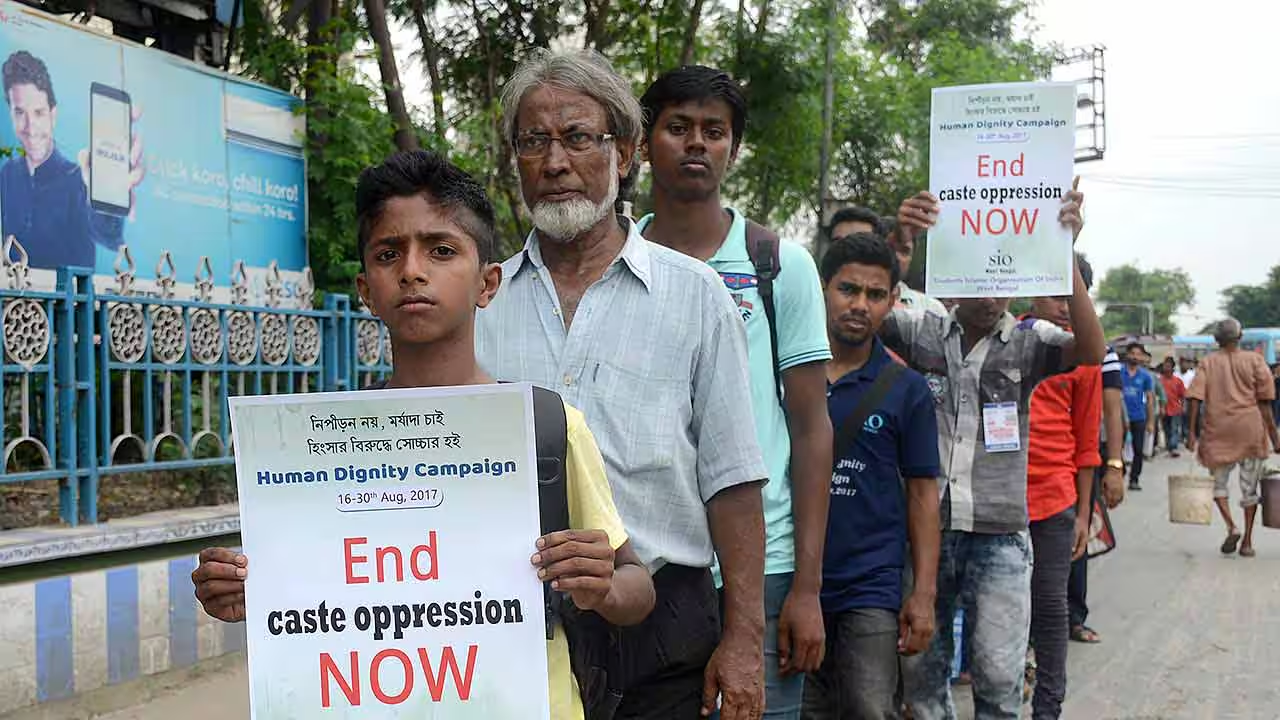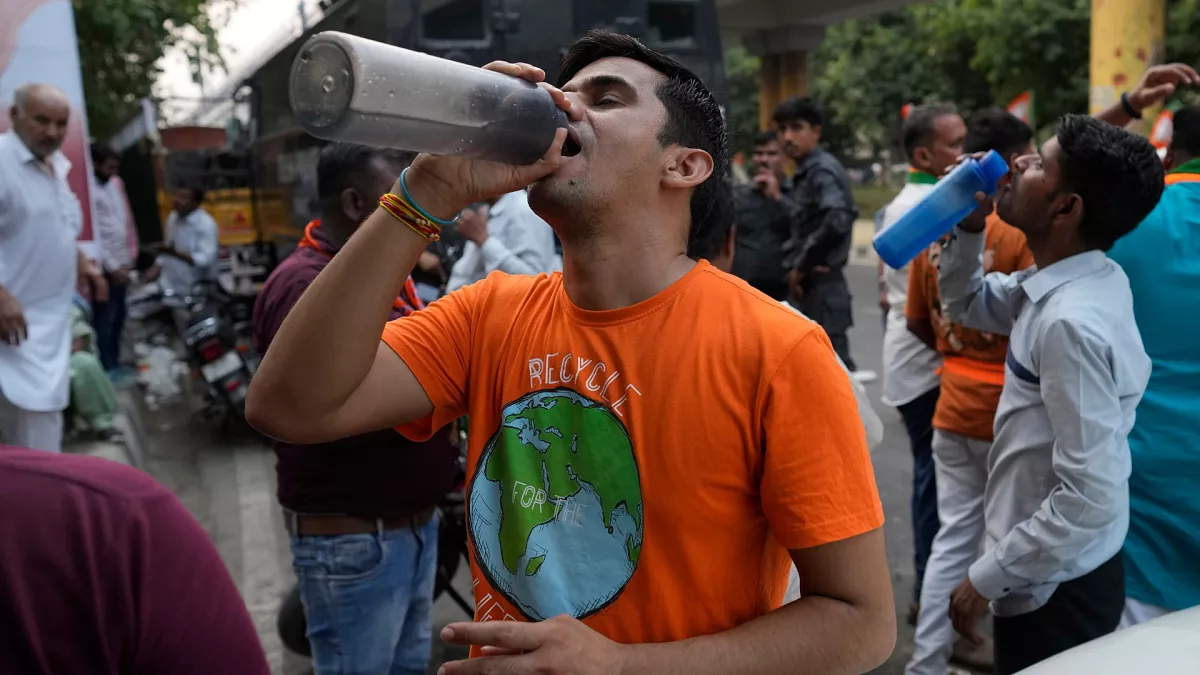Exit polls failed to accurately capture discontent among lower social and economic castes in key Indian states, leading to an overestimation of electoral support for Prime Minister Narendra Modi’s ruling party, according to two pollsters.
These inaccuracies led to significant turmoil in Indian stock markets on Tuesday. Earlier, more favorable projections for Modi’s performance in the general election had boosted market sentiment.
Initially, three out of five polls projected that Modi’s Bharatiya Janata Party (BJP) would win more than the 303 electoral seats it secured in 2019. The opposition “INDIA” alliance, led by Rahul Gandhi’s Congress party, was predicted to win between 125 and 182 seats.
These optimistic forecasts had driven financial markets up ahead of the election results announcement. However, the actual vote counts showed much lower figures for the BJP, around 240 seats, and 293 for Modi’s broader alliance, which includes regional parties. This discrepancy led to the worst intraday stock market fall since March 2020, amid concerns over the challenges Modi would face in implementing economic reforms due to increased reliance on coalition partners.
Pradeep Gupta, head of Axis My India poll agency, acknowledged the survey’s failure to capture a voter shift among less privileged sections of society in Uttar Pradesh, West Bengal, and Maharashtra, where 170 seats were contested. In these states, the BJP lost 45 seats compared to its 2019 performance. “This is our mistake,” Gupta admitted, noting that many voters in these groups did not disclose their true voting intentions due to fear of retaliation from opposing electoral workers.
Gupta further explained the difficulties in predicting the voter swing in favor of the opposition and other regional parties. Over 900 interviewers conducted face-to-face post-ballot interviews with a sample of 582,000 voters, achieving response rates of 40-50% in urban areas and 70-80% in rural areas. However, many women voters had male family members respond on their behalf, leading to inaccurate estimations of their voting preferences.
Yashwant Deshmukh, head of CVoter polling agency, also admitted errors, with his projections overestimating Modi’s party by about 50 seats, particularly in Uttar Pradesh and Rajasthan. “I wish I could stop giving seat numbers but that’s a professional hazard,” Deshmukh lamented, referring to the persistent media demand for such estimates.
4o



